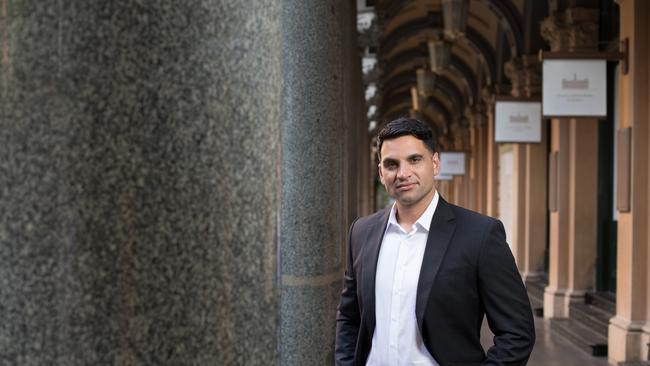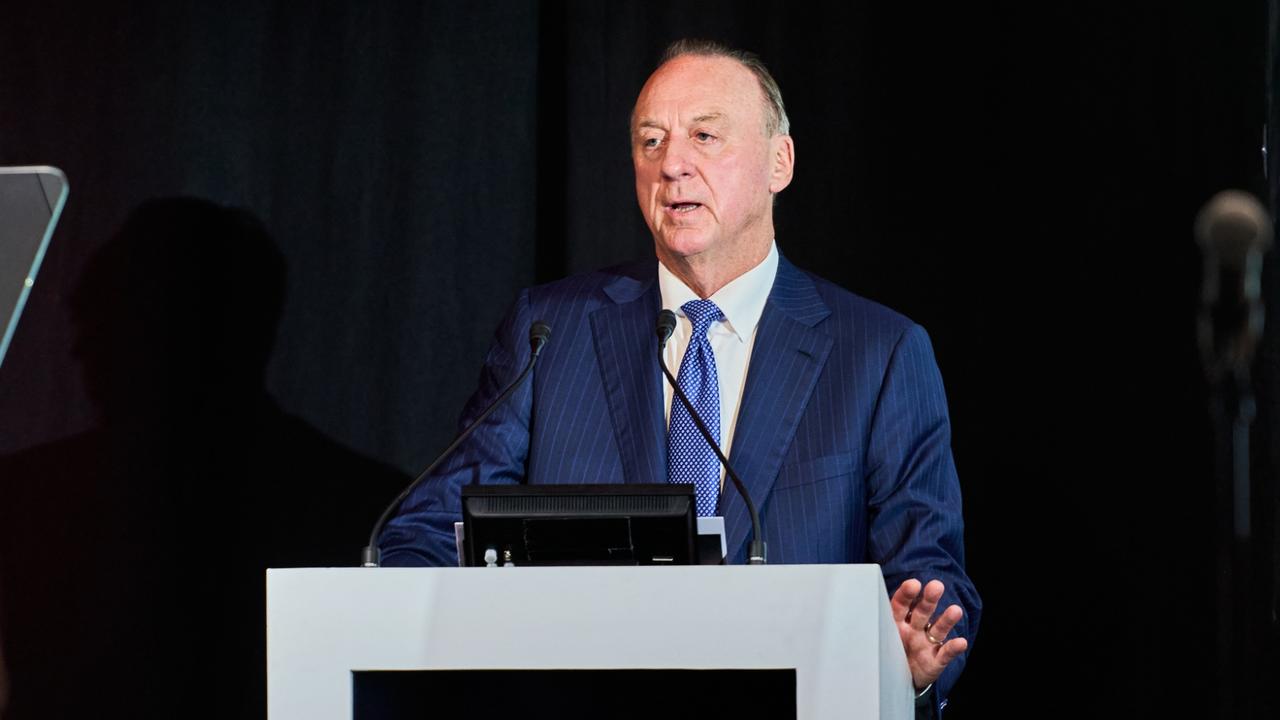MoneyMe pays down debts as lender plans growth on electric vehicle demand
The characteristics of electric vehicle owners is giving MoneyMe faith its plan to lose money through discounted car loans will actually strengthen the bank.

The rising tide of interest rates is doing little to blunt the appetite of consumers to purchase vehicles, but credit card spending has taken a slide, according to the boss of ASX-listed lender MoneyMe.
MoneyMe, which launched a new electric vehicle discount product in the market on Friday, is banking on growing interest in newer vehicles to drive business.
The lender has run the numbers on its product offer, which offers electric vehicle loans at a one per cent discount to the standard rate, and found despite the price cuts the greater purchase price for electric vehicles will boost its loan book.
The discounts do not extend to hybrid vehicles.
MoneyMe chief executive Clayton Howes said the data was already clear that demand was there from consumers to purchase electric vehicles, which have grown to 5 per cent of the lender’s Autopay loan book from just 1 per cent in February last year.
The data shows MoneyMe customers spent on average $60,990 per electric vehicle against a lower $32,862 standard fuel powered car.
“We can afford these discounts (for electric vehicles) because losses are significantly better,” Mr Howes said.
“The characteristics of electric vehicle owners, they’ve got strong repayment behaviours.”
Mr Howes said MoneyMe was not seeing distress in its loan book, despite the rising tide of interest rates.
The Reserve Bank of Australia has lifted the cash rate 12 times since April 2022 from 0.1 per cent to 4.1 per cent.
Mr Howes said car buyers were “less sensitive” to the cash rate movement.
“A few basis points on a $30,000 lend doesn’t mean much on a monthly payment for borrowers,” he said.
But he said MoneyMe was seeing “conservatism” in spending on consumer credit cards.
Westpac chief executive Peter King said earlier this week the bank was seeing a big lift in the number of calls coming into the bank’s hardship hotline, but this had not translated into a lift into 90-day delinquencies yet.
Mr Howes said MoneyMe’s move to repay its PEP debt facilities in May, trimming $32m from its corporate facilities, placed the lender in a good spot for a higher rates environment.
This takes MoneyMe’s corporate debt facility down to $50m, after the lender used a $37m institutional placement to pay down the debts it took on under its purchase of finance platform SocietyOne.
MoneyMe said the repayment delivered improved commercial terms on its remaining corporate debt facilities, with the savings set to be banked to support “profitable and sustainable growth”.
Mr Howes said the paydown would deliver $6-8m in interest cost savings in a year.
MoneyMe said it planned to refinance, renew, or use operating cash flows to pay down its current facility before the November 2025 maturity date.
But Mr Howes said keeping open a corporate facility made sense for the lender.
“We want to see how the macro climate looks before we pay down further our debt or leverage asset growth,” he said.
“Having some form of corporate debt means we can create some leverage and expand our lending portfolio.”
MoneyMe shares are 4.5 per cent lower at 8.9c on Friday.







To join the conversation, please log in. Don't have an account? Register
Join the conversation, you are commenting as Logout